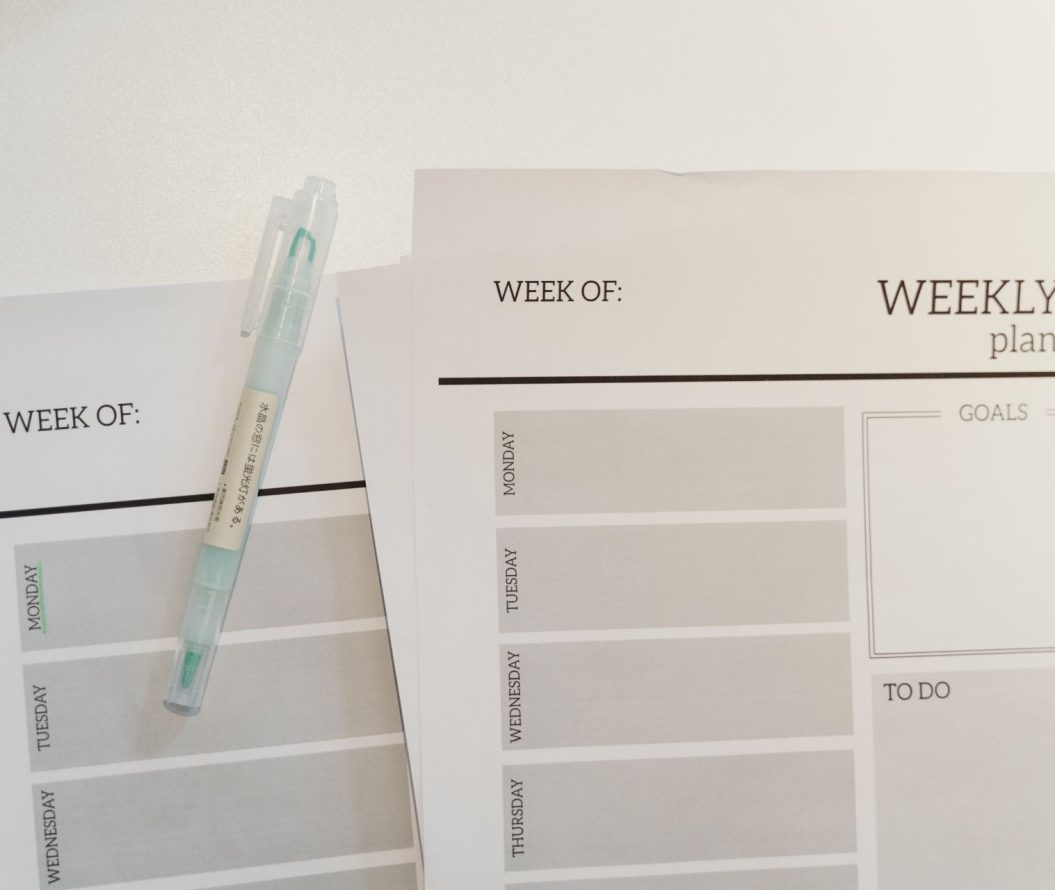I'm a 3rd year Politics and International Relations student from Birmingham. I love training in Brazilian Jiu-Jitsu, running, and flying in a glider near Stratford-Upon-Avon, in Warwickshire. At university I have been learning Arabic outside of class and have an…

I recently finished applying for my Master’s degree, so I know that the process can be confusing and often complex.
I hope this article will help prospective Master’s students find their way a little more easily. As I write this, I have received an offer from Aston University, and I am awaiting a response from Birmingham University.
Firstly, there are a few things to consider: where you want to study, what you want to study and the type of course you will be applying to. For me, I was ready for a change of scenery in my post-grad studies, as well as deciding that living at home was more economically viable. This does not mean I would not have continued to study at Lincoln, the city will always have a special place in my heart, but it is time for me to move on.
When considering doing a Master’s degree, I think it is important to consider living arrangements. Do you still enjoy the university lifestyle and the independence of living away from home? If so, are you prepared to accept that the majority of your year group will be leaving university? In my case the choice came down to locality. I live to the south of Birmingham, in Worcestershire, so I was looking for universities that were near to my home. Luckily, both of the universities that I applied to, are among the best in the UK, and the course options were also a significant factor.
Remember that whether you decide to move university or continue where you completed your Bachelor’s, it is sensible to consider how the decision will affect your wellbeing. If you feel secure in your current environment and feel that you thrive at your present university, then it is ok to stay put. Similarly if, like me, you think a change of scenery will be good for you and your studies, then looking at other universities is totally fine too! You will always be a part of the University of Lincoln Alumni family and will forever be recognised as such by the school.
Your choice of course is important too, in my case I wanted a course that would narrow down my field of study rather than broaden it. I chose my favourite modules of my current degree, (I study Politics and International Relations,) and applied for Masters courses that were similar to them. This may not be something you wish to do, you may wish to continue you current degree subject into your Master’s, this is for you to work out! Remember to choose a degree that suits your career goals after your Master’s, for example, I want to continue and do a PhD, so I chose my Master’s degree with that in mind.
Finally, the course type that’s best for you should be taken into account. For example, you have the choice of a two year part-time course or a single year full-time course, and which you decide on should be in alignment to your lifestyle outside of your studies. Do you expect to be working nearly full-time, or have major commitments outside of university? Do you want to get your Master’s degree as quickly as possible, in order to get out into the world of work faster? These are all decisions you must consider before applying. As well as this, consider the course content; exams or essays, study abroad, research or taught are all options to think about.
Regardless of when, where or how you choose to do your Master’s degree, keep an open mind and don’t forget that you are taking big steps to furthering your career and growing, both academically and personally. I can’t wait to get started, and I am sure plenty of others feel the same. Good Luck!
Continuing your studies at the University of Lincoln is a fantastic opportunity and you can view post-grad courses here.
This article is featured on Learning at Lincoln.
Please note: This content was created prior to Coronavirus, and some things might be different due to current laws and restrictions. Please refer to the University of Lincoln for the latest information.




